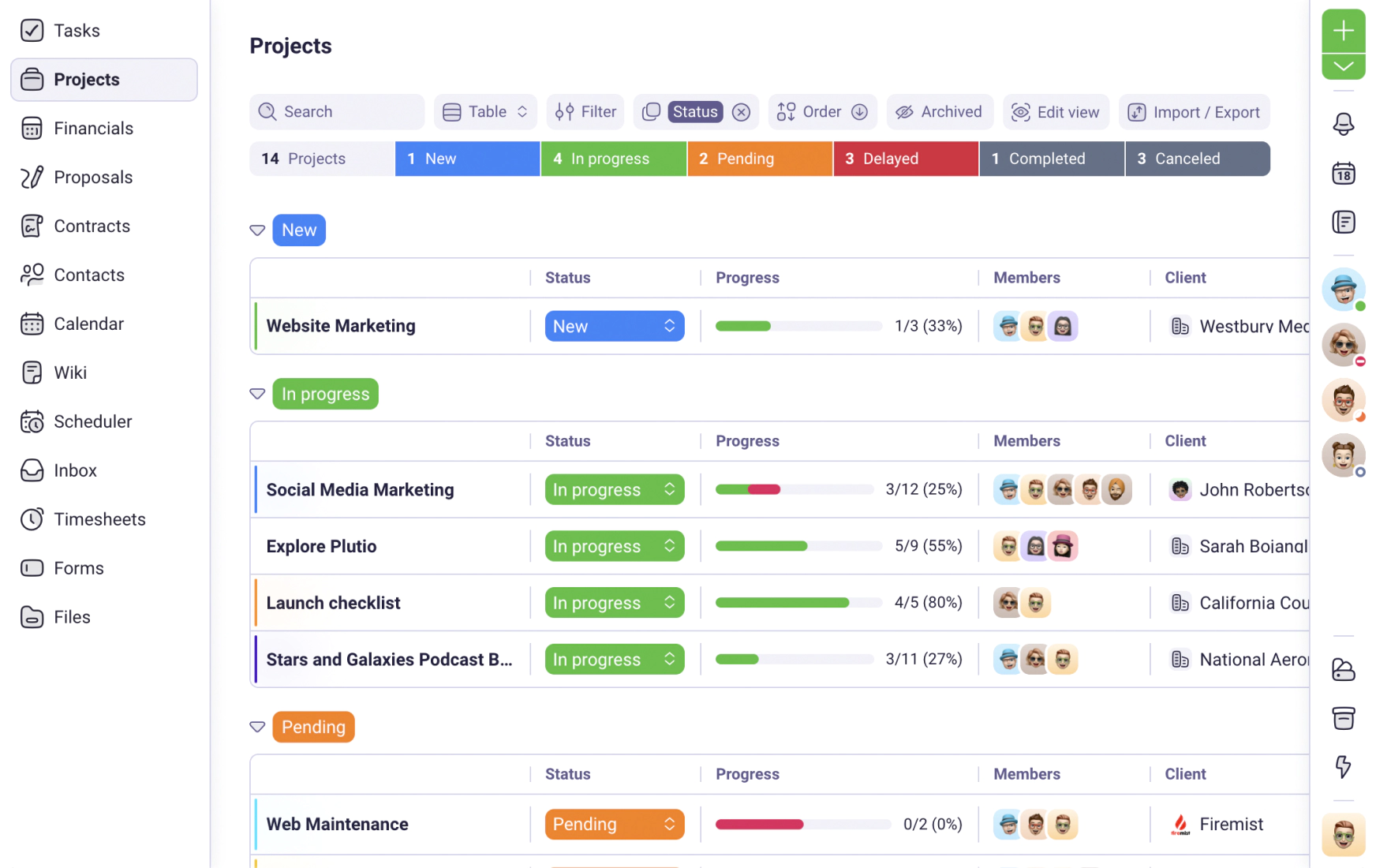We use cookies to personalise and enhance your experience.
As any seasoned entrepreneur knows, customer engagement strategies are the bedrock of doing business. Customers - whether ordinary consumers or business clients - expect their needs to be paramount, and woe betide anybody who fails to appreciate this.
The reality is that there’s probably never been more consumer choice than there is today. Nor has it been easier to do serious damage to brand reputation: all it takes is a pithy remark that goes viral on social media or a devastating customer review to inflict a serious dent. Businesses which aren’t alert to this are likely putting themselves in real danger.
This is why, today, there’s so much emphasis on the customer experience. It’s not just about providing an excellent service or great products at value-for-money prices. It’s also a matter of ensuring that customers have the best possible experience from start to finish. This is not something that businesses can afford to overlook in an ultra-competitive environment.
In large part, the ground rules are self-explanatory. It’s about simply being attentive to your customers, and accessible when they need to speak to you. Predictive dialer software and an automated phone system can help businesses handle large volumes of calls, for example. Furthermore, customers must always be dealt with in a conscientious manner, and their complaints (these are inevitable) must be treated respectfully and seriously.
But all this doesn’t just apply to businesses. If you’re working in a freelance capacity, you also need to be conscious of how to provide good customer service. The freelance space is likewise hugely competitive, so if you don’t meet a client’s expectations, you’re quite likely to find yourself dropped in favor of a more enterprising competitor.
In this short guide, we’ll discuss the importance of providing world class customer service as a freelancer and list six top tips that you should bear in mind. Read on to find out more.
Why Customer Service Matters for Freelancers
Anyone who’s been freelancing for any length of time should already know the importance of sharpening your sales skills. More and more people are opting to make a go of freelancing, whether they’ve been attracted by the prospect of having greater autonomy or simply seeking a fresh start.
One thing you should remember, however, is that your dealings with freelance clients aren’t quite the same as those you’d have with a permanent employer. When you’re speaking to bosses at work, you wouldn’t necessarily give much thought to their experience of dealing with you. Of course you want to stay on good terms and maintain good relationships, but internal enterprise communications still differ compared to dealing with a client or customer.
If you’ve worked in customer or client-facing roles before, say in B2B ecommerce, you’ll know what we mean by this. The way you address customers and clients, and how you field their queries, is inevitably different to your equivalent dealings with your own managers. When freelancing, then, you need to remember at all times that your clients will expect to be treated as such, rather than in the way you’d typically address a superior.
For freelancers who haven’t worked in client-facing roles before, making the adjustment is no doubt challenging. What you have to remember is that today, customer service is no longer simply a transactional thing. It’s about maintaining strong relationships with clients and addressing their needs in the appropriate manner. This is an indispensable complement to whatever products and services you might provide.
How you work with your clients, and how you meet their needs, will obviously vary - there’s no one-size-fits-all solution. But a certain level of service will be expected of you as a freelancer; you should be alert and sensitive to clients’ expectations in this regard.
How to Offer Better Customer Service as a Freelancer
So, now we’ve clarified why customer service is so important for freelancers, let’s discuss what you can do to meet your clients’ expectations and keep them happy. We’ve given the matter some careful consideration and come up with six top suggestions to help you provide your freelance clients with better service standards.
Go Above and Beyond the Call of Duty
This is one of the most basic points of customer service, but nevertheless it bears repeating. If you’re prepared to go the extra mile to keep a client happy, there’s a very good chance that you’ll get your reward for it. Clients recognize exceptional service and if you can provide it, they’re much more likely to come back to you again in the future.
Make yourself accessible and emphasize to your clients that you’re there for them. Let them know that their needs are your top priority, and that you want nothing more than to ensure they’re happy with the standard of work you produce. Don’t forget that hiring freelancers can be a bit of a leap in the dark for clients, as well - they’ll be looking for reassurance, and it’s up to you to provide it.
Brace Yourself for Criticism
In any line of work, freelance or otherwise, you can expect to come in for criticism at some stage. What makes the difference, is how you handle it. Constructive criticism can be a very useful thing, so try to take it in the spirit that it’s doubtless intended. You might get criticism which you think is unfair: you may need to defend yourself, but don’t lose your temper with a client.
When feedback comes your way, you need to know how to handle it. The first rule is simply to listen. Don’t try to jump in and contradict a client as they’re explaining the issue. In order to act on whatever feedback or criticism you receive, you first need to understand it. You won’t be able to do that if you jump down a client’s throat while they’re attempting to tell you what they’re unhappy about. Don’t assume that all criticism is frivolous.
See Things from the Client’s Perspective
As an ordinary consumer, you’ve probably had negative customer experiences yourself - whether it be substandard service or a product that doesn’t live up to your expectations. You should always be conscious of your clients’ expectations and what you can do to meet them. What expectations do they have with regard to communications and updates? How important is the project to your client, and why?
There’s an old saying: ‘the customer is always right’. The customer might not always be right, of course, and you don’t have to believe in that adage yourself. But you do have to make your customer at least feel like you do. The most important thing here is to maintain open lines of communication, and a candid (but respectful) exchange of views. This is the foundation of a successful working relationship, and crucial to ensuring that clients get what they need.
Be Honest at All Times
When you’re dealing with clients, it’s important to put all your cards on the table from the start. It’s important to be candid about what you can do for your prospective client, what standards they can expect you to meet, and how much it’ll cost them.
Avoid raising expectations to a level you won’t realistically be able to meet - clients should have an accurate understanding of what they’ll be getting from you. If there’s an issue which might threaten or delay delivery, you need to communicate this to your client and explain the reasons why.
If you lead clients to believe that you’ll deliver something by a deadline you can’t meet, or at a price you can’t sustain, they’re likely to feel very let down unless you can offer them a legitimate justification. Sometimes things go awry through no fault of your own. But remember the previous point we made: you need to be open and honest with clients, and to communicate with them openly.
It might cause some momentary embarrassment if you find yourself having to push back a deadline or adding an unforeseen cost. But it’s better to face reality, so the sooner you come clean, the better it’ll be - and clients will likely respect your honesty.
Don’t Forget Common Courtesies
It can be easy, when you’re not working in an office environment and instead you’re doing remote working from home, to let those everyday niceties slip. But those small gestures really make a big difference. When you’re dealing with clients, then, don’t forget the importance of these. Be friendly and amiable in your communications with them. Simple politeness goes a long way.
You’d be surprised how many freelancers let this kind of thing slip. However, you need to remember that your attitude will come across to clients even when they can’t see your face. If your communications with clients are no more than perfunctory, it risks giving them the wrong impression. Be friendly, approachable, and responsive. What’s more, make sure you thank your clients - you need them to know that you’re grateful for the opportunity to work with them.
Don’t Keep Your Clients Hanging Around
Again, think back to your own experiences as a consumer - what are the biggest customer service bugbears you can think of? Probably the first one that springs to mind is being made to wait without adequate explanation. Your clients will feel the same way if you keep them hanging around. Keep them updated about your progress on the work you’re doing for them, answer their phone calls, and respond in a timely way to emails.
It gives off totally the wrong impression if you simply ignore client queries for extended periods. If a client reaches out to ask something of you, they’ll want a reply without too much delay (though no doubt they appreciate that you’re juggling multiple projects and have other clients). Make sure your clients know that you’re happy to address whatever queries they have, and that you welcome the idea of remaining in close contact with them during your project.
Conclusion
Perhaps most importantly, to be successful as a freelancer, you need to be genuinely enthused by what you do. Employers always emphasize the importance of having an engaged workforce, but as a freelancer, it can be harder to maintain that motivation when you’re by yourself. Nevertheless, without it, it’s going to be a lot harder for you.
Clients are quite capable of recognizing when a freelancer is demotivated or disengaged, because it inevitably shows in their standards of customer service. So if you are serious about making a living as a freelancer, you need to ensure that your customer service is up to par. Otherwise, you’ll find yourself losing clients you already have and failing to attract new ones.
From social media customer service to client conference calls, you need to ensure that you keep your clients in the loop and that they have realistic expectations of what you can do for them. The more freelance work you do, the more you’ll get a feel for this. So long as you demonstrate that you understand the importance of good customer service, you’ll be in a good position to retain existing clients and win over others.
The world of work has changed almost beyond recognition in recent months, with the sudden rise of remote working becoming emblematic of broader trends. But wherever we’re working, the need for good customer service remains paramount - and freelancers neglect this at their peril.
Have you tried Plutio yet?
The only app you need to run your business and get work done.
Try Plutio for FREESupercharge your business
The complete toolkit to run your business
The intuitive all-in-one solution to manage and collaborate on projects, share files, build forms, create proposals, get paid, and automate your workflow.
No credit card required


